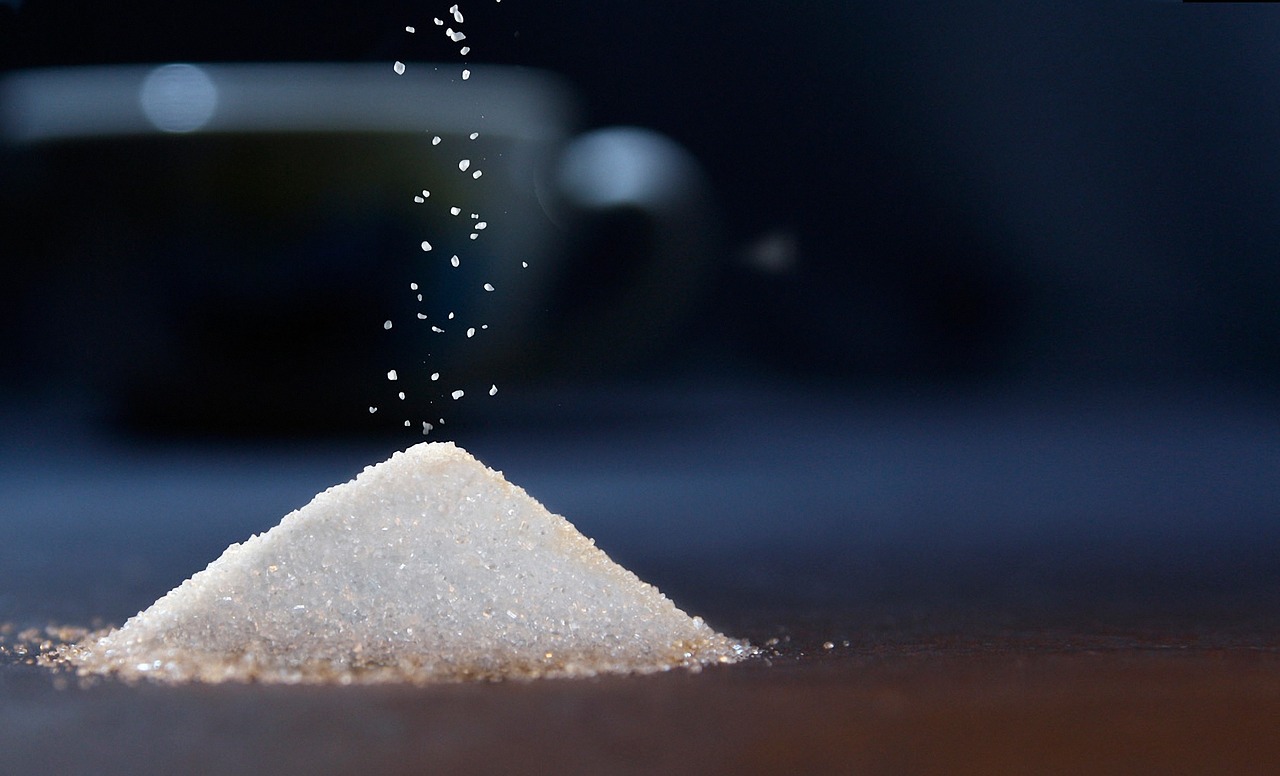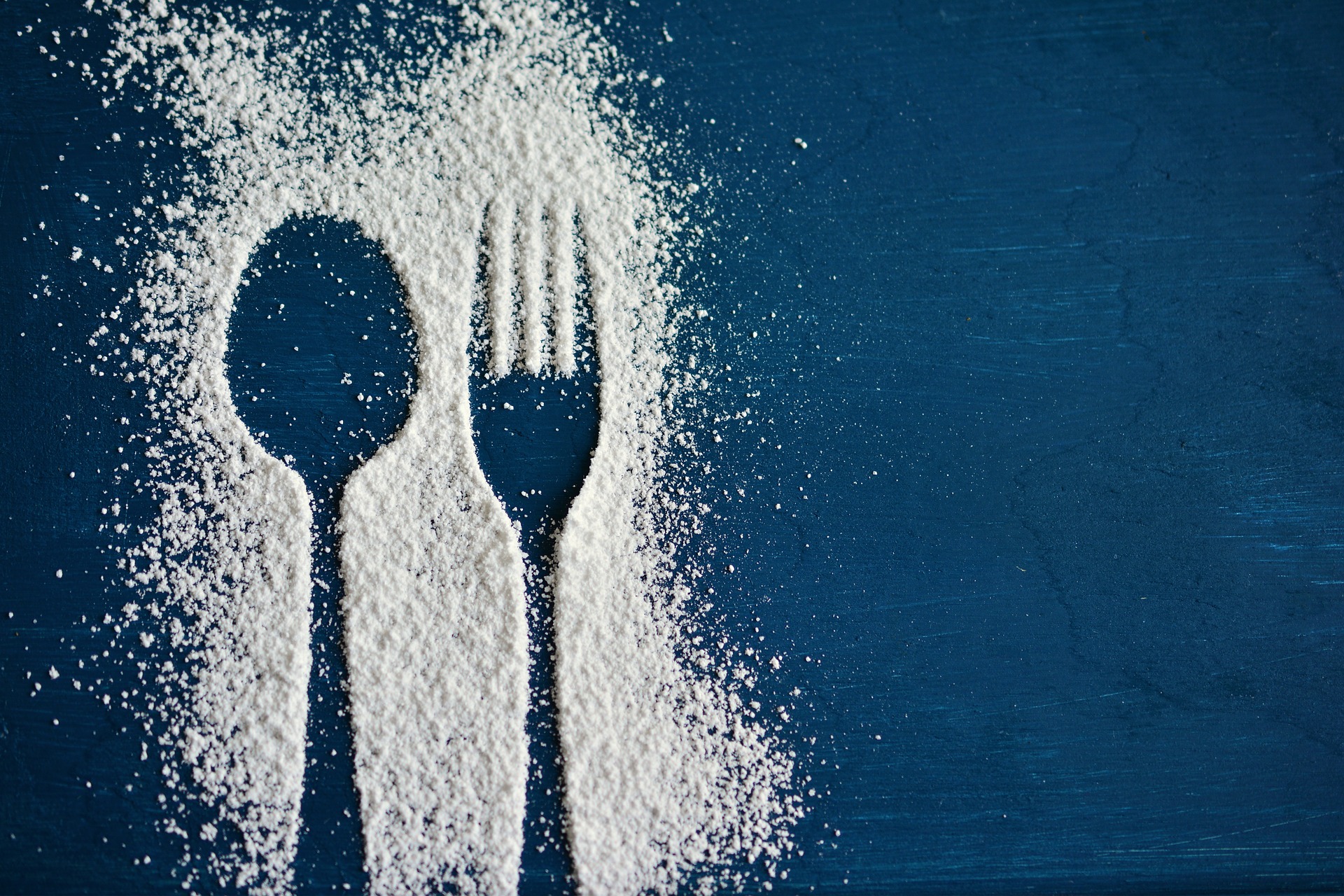Eating excess sugar can prove harmful to health, regardless of weight, according to a recent study. New research in fruit flies revealed that high consumption of sugar may increase the risk of death irrespective of body weight, and that the risk of early death is unrelated to metabolic problems.
“Just like humans, flies fed a high-sugar diet show many hallmarks of metabolic disease – for instance, they become fat and insulin resistant,” said Dr. Helena Cocheme, principal investigator of the study.
Related: Sugar-Free Candies to Help Fight Cravings
Obesity and diabetes are linked with increase mortality in humans, so it is a popular assumption that excess sugar can lead to weight gain and together they are life threatening. The paper, published in the journal Cell Metabolism, brings to light a new dimension in the relationship between sugar and mortality.
The researchers revealed that consuming too much sugar does increase the risk of developing metabolic disorders, such as obesity and diabetes. It could also simultaneously shorten life expectancy by several years. Like salt, sugar also causes dehydration. According to a study, thirst is an early symptom of high blood sugar and diabetes.
It was found that these flies still exhibited the typical metabolic defects associated with high dietary sugar. Based on this water effect, the team tried to focus on the fly renal system. The excess dietary sugar caused the flies to accumulate uric acid, the researchers said.
Uric acid is a chemical created when the body breaks down substances called purines. Purines are normally produced in the body and are also found in some foods and drinks. Excess accumulation of uric acid, however, may also lead to crystallization which gave rise to kidney stones in the fly.
The stones could be prevented either by diluting their formation with drinking water or by blocking the production of uric acid with a drug. In turn, this protected against the shortened survival associated with a sugar-rich diet.
The study suggests that the limiting factor for survival in flies fed high-sugar diets is the disruption of the purine pathway. Uric acid levels also tend to increase with age and can predict the onset of metabolic diseases such as diabetes.
“It will be very interesting to explore how our results from the fly translate to humans, and whether the purine pathway also contributes to regulating human survival, “said Dr. Cocheme.










Join or login to leave a comment
JOIN LOGIN